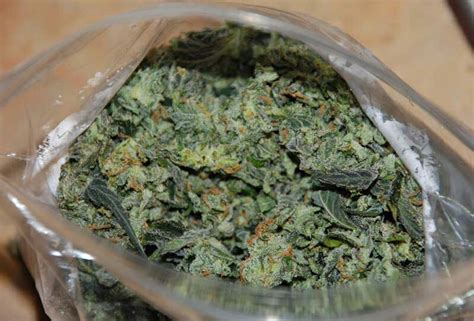
Despite the growing legalization of marijuana across the United States, with 33 states allowing it for medical use and 11 for recreational, concerns about its safety and health impacts persist. A paradox remains evident: widespread public use of marijuana contrasts with limited comprehensive medical understanding.
A key issue surrounds mental health risks. Evidence strongly suggests that for individuals with a family history of psychosis or schizophrenia, early cannabis use during adolescence is ill-advised. Cannabis has been known to trigger psychotic symptoms and potentially lead to longer-lasting issues with psychosis and schizophrenia.
When it comes to usage methods, recommendations advise against smoking cannabis, which can cause lung inflammation. Alternatives like under-the-tongue tinctures, edibles, topical products, or dry herb vaporizers are preferred. It’s also advised not to hold cannabis smoke in the lungs for more than a couple of seconds, as this doesn’t enhance the effect but rather irritates the lungs. Additionally, users should avoid driving for at least four hours after consumption.
The heart-related risks associated with marijuana are significant. Usage can lead to an increased heart rate and elevated blood pressure, posing dangers for those with heart disease. Research indicates that the risk of a heart attack is notably higher in the hour following marijuana use. Links have also been found between marijuana usage and atrial fibrillation.
From a cognitive perspective, long-term marijuana use has been found to impact memory, decision-making, and attention. This is especially pronounced in those who started using marijuana in adolescence. Chronic use has been associated with lapses in memory, learning deficits, and slower processing speeds. A startling revelation is the decline in IQ points among long-term cannabis users, with a direct correlation between the frequency of use and the extent of cognitive impairment.
Despite these risks, the growing access to marijuana, especially for medical purposes, is undeniable. Currently, medical cannabis is legal in 37 states, reflecting a significant shift in public opinion and policy. Historically, cannabis was a common medical treatment in the late 1800s and early 1900s, dispensed by doctors. This resurgence of interest in its medical applications indicates a need for a deeper understanding of both its benefits and risks.
Sources:
Harvard Gazette
Johns Hopkins
Harvard Health
Harvard Gazette
Harvard Health
Cornell University
Harvard Health
Harvard Health
Harvard Health
Harvard Health